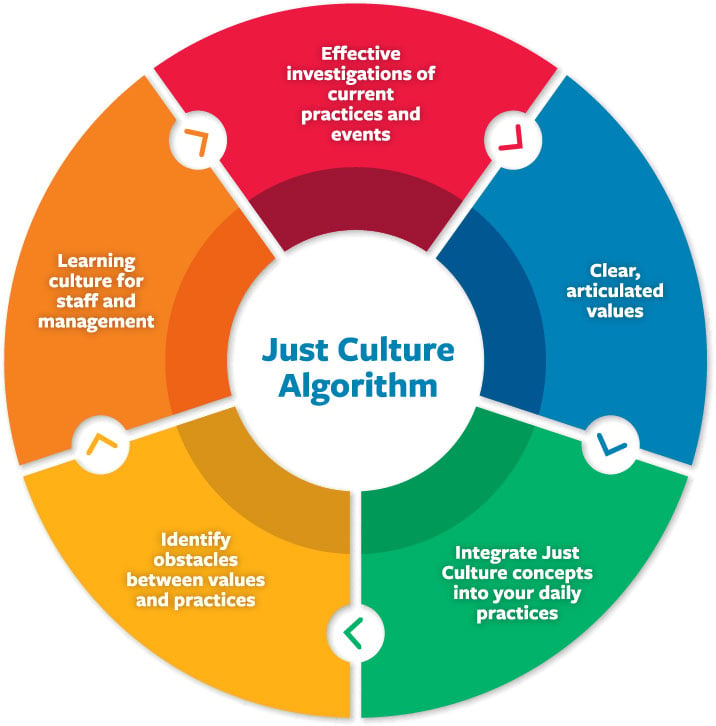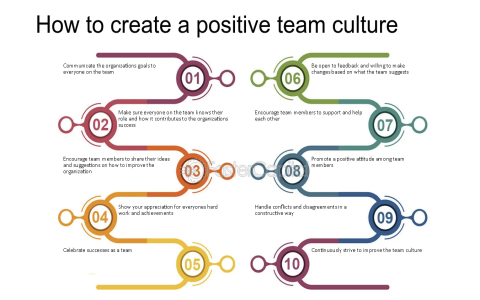Okay, so let’s talk about this “Just Culture Algorithm” thing I messed around with recently. It’s supposed to be some kind of tool to help make workplaces fair and safe, especially when it comes to owning up to mistakes.
First, I dug into what this “Just Culture” really means. Turns out, it’s all about creating an environment where people feel safe to report their screw-ups without getting their heads bitten off. But, it’s not just about being a softy. People still need to be held responsible for their actions, right? It’s a balancing act.
Then, I started looking at different “algorithms” that companies use to put this into practice. There are a few floating around. I grabbed one that seemed pretty straightforward. This algorithm wasn’t about the whole investigation process after something goes wrong. It’s more about how you judge someone’s behavior after the investigation is done and dusted.

I decided to run a few test cases through it, just to see how it works. I made up some scenarios like, say, a nurse accidentally giving the wrong dose of medicine, or a pilot making a wrong call during a flight. Nothing too crazy, but enough to get a feel for things.
Here’s what I did with each scenario:
- I looked at the person’s intent. Were they trying to do the right thing, or were they just being reckless?
- I checked their history. Have they made similar mistakes before? Are they usually careful and responsible?
- I considered the system they were working in. Was the system itself setting them up to fail? Were there any processes or procedures that were confusing or just plain bad?
Based on all that, I tried to figure out what a “fair” response would be. In some cases, it might be extra training or closer supervision. In others, maybe it’s a formal warning. And yeah, in some serious cases, it might mean showing someone the door.
After playing around with this for a while, I realized it’s not as simple as plugging numbers into a formula. There’s still a lot of judgment involved. But I think the algorithm gives you a good framework to make sure you’re being consistent and not just reacting emotionally. It forces to slow down and think about the whole situation, not just the mistake itself. One company said that having this approach means everyone feels more secure and it’s recognized that mistakes will happen, and you will be supported to understand why it happened, rather than getting punished. They also said that it takes three things to establish: awareness, supportive policies and making it part of the daily routine.
Honestly, I think every workplace could benefit from something like this. It’s not about being a pushover or letting people get away with anything. It’s about creating a culture where people can learn from their mistakes and where the focus is on making things better, not just assigning blame. It also said that in this type of culture both the company and the employee are held responsible while focusing on safety above all.
I guess the big takeaway here is that “Just Culture” isn’t just a buzzword. It’s a real thing that can make a big difference in how people feel about their work and how safe they feel to admit when they’ve messed up. And that’s something we could all use a little more of, right?

























